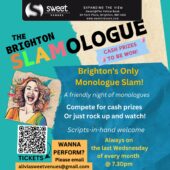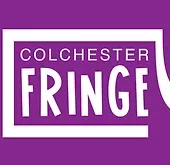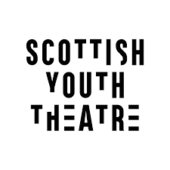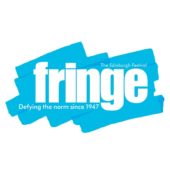Edinburgh Fringe 2025
The Lost Priest
Orchard Theatre Company
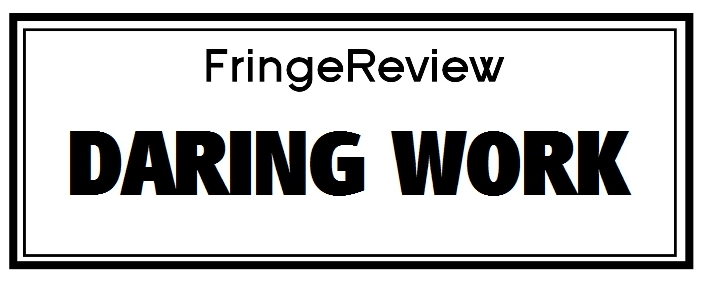
Genre: Solo Show, Storytelling, Theatre
Venue: theSpace @ Surgeons' Hall
Festival: Edinburgh Fringe
Low Down
In this minimalist one-man show, a young American Jewish artist reflects on faith, family, and belonging through a stream-of-consciousness performance that is still evolving. The sparse staging and unpolished structure leave room for discovery, inviting audiences into the performer’s process as he wrestles with the complexities of Jewish identity in a non-Jewish world. It’s a promising work that resonates both within and beyond the Jewish community.
Review
The Lost Priest is a one-man show performed by a young American Jewish artist, exploring the complexity of Jewish identity through an intimate, introspective lens. While not billed as a work-in-progress, it is very much in that stage, with the performer and his director actively refining it each day.
The black box staging is minimalist: a table, a stool, two books, a candle, and a few slips of paper. The performer enters from behind a curtain, lights the candle, and begins with a Hebrew blessing before launching into a stream-of-consciousness reflection on home, faith, and belonging. On the day I saw it, the piece ran under 40 minutes, leaving vivid impressions alongside clear opportunities for development.
Where the piece shines is in illuminating the lived experience of a young Jewish person negotiating tradition, personal belief, and the outside world. His reflections capture the tension between growing up steeped in Jewish culture and navigating non-Jewish spaces that can misunderstand or erase those experiences. One of its quiet strengths is how it invites Jewish audience members to feel seen in their own conflicts and confusions, while also giving non-Jewish viewers a deeper understanding of the nuance in navigating Jewishness within a wider, often indifferent, sometimes hostile, context.
In its current form, there’s a suspended quality to the piece. Its loose structure leaves questions- where exactly are we, who is the audience to the performer, and which moments in his story might warrant deeper unpacking? Certain pivotal points, like his decision not to have a bar mitzvah, could be explored further to deepen the emotional and cultural resonance. More definition to time, place, and relationship would ground the audience while still allowing the ambiguity to remain a deliberate artistic choice.
It’s raw, searching, and unapologetically incomplete. And that is daring. At a time when cultural identities are often oversimplified or weaponised, The Lost Priest risks sharing its contradictions on a world stage, trusting the audience to sit in the complexity rather than rush to resolution. With more shape and specificity, it has the potential to evolve into a deeply affecting piece that bridges personal story with universal resonance.
